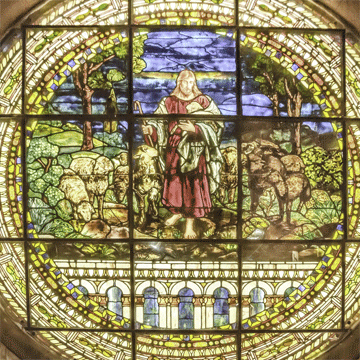
If you have a photo or blurry image that you want to enlarge, vector conversion is the way to go. Images and logos for banners, vehicle wraps, print marketing materials, screen printing and more can lose quality if you enlarge them from the original raster file. Converting raster to vector preserves the fine details and gives you a big image with crisp, clean lines.
But converting raster files to vector files can be a tedious, time-consuming task. Outsourcing can free up valuable time at a budget-friendly cost. When you receive your vector files, you can use them at any size without losing quality.
Enlarge your photo and slogan for the sign at your next trade show, create vector line art to engrave your logo, or get clean vectors to screen print your emblem on t-shirts. At Fortune’s Image Editing Services, we manually draw each vector to make sure every detail is captured.
VECTOR CONVERSION SERVICES AT FORTUNE’S IMAGE EDITING SERVICES
What is vector conversion?
Converting raster to vector is when raster files are manually recreated in vector format. This process can be automated, however, the results are typically not ideal. The best way to truly convert a raster to a vector file is to expertly recreate the original image by hand.
The difference between raster and vector
Raster files are defined by a series of pixels. Depending on the quality of the image, these pixels cause the image to lose some detail. However, this is generally only seen when the image is enlarged, making it look pixelated (sort of like an 8-bit video game).
Because raster files don’t have every detail, they are generally smaller in size. This makes them great for using on your website or online store. GIFs, PNGs and JPEGs are common raster file types.
Vector files are defined by a series of points that create straight and/or curved paths. This visual information is more mathematical — a series of points on a graph with an X and a Y axis. Because they’re not composed of pixels, vectors can be resized to ANY size without sacrificing quality — vectors are scalable.
EPS, PDF, SVG and AI files are common types of vector files. Vector files are great for many printed materials, including business cards, t-shirts and mugs. They’re also a good way to sharpen older, fuzzy graphics. And if you’re creating a new graphic or logo, it’ll avoid any distortion or quality loss when enlarged or printed.
What is vector conversion used for?
- If you want to convert a hand-drawn image or real photograph into a graphic
- Lower printing costs by reducing the number of color plates the printer needs to print your image
- You need to provide vector line art for engraving
- You’re creating a sign to promote your business and need to print custom graphics
Converting vector to raster
Because vector images have more detail, it’s much easier to convert them to raster files. All you need to do is use the Save As function to change the file type of the image.
Vector conversion services at Fortune’s Image Editing Serivices
Regardless of where you’re located, we have a sales and support team that works 24/7 to serve our international clientele. If a client deadline is looming, a business launch around the corner, or another pressing timeline hits your desk, Clipping Path India is an efficient vector conversion solution.
Accepted file types:
- .jpg
- .png
- .gif
- .psd
You can receive vectors in the following file types:
- .eps
- .ai
- .svg
